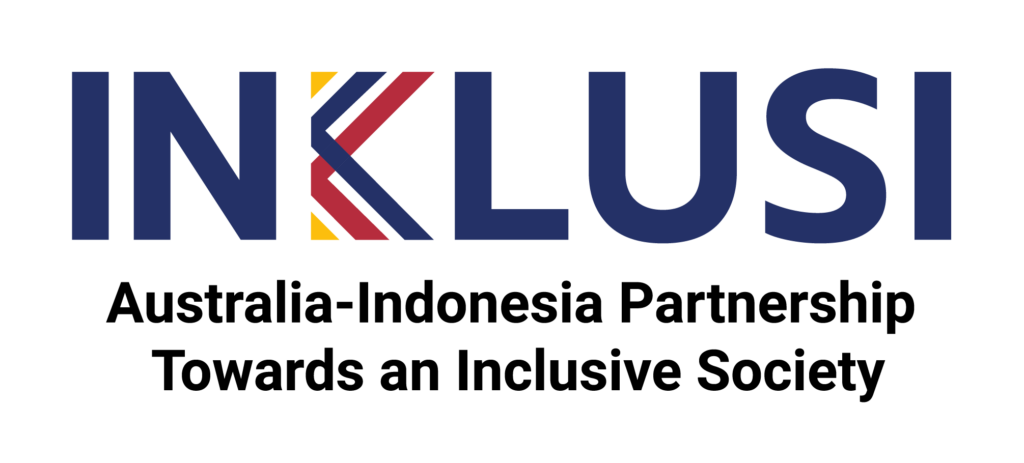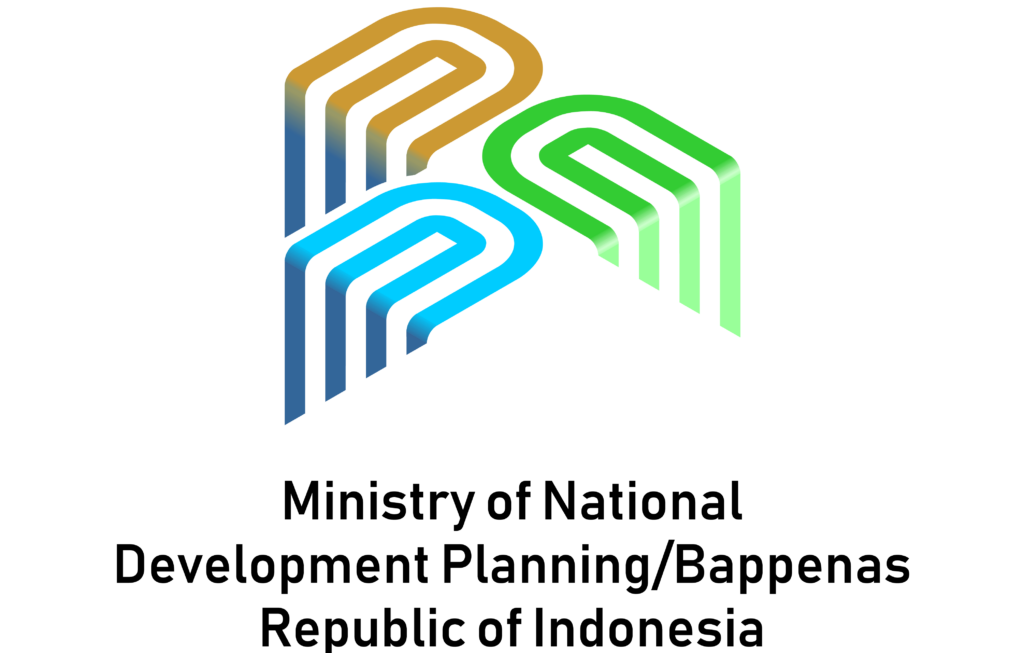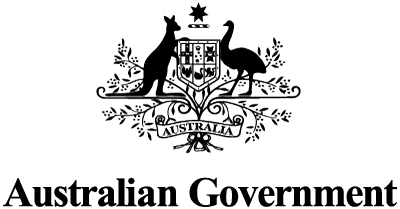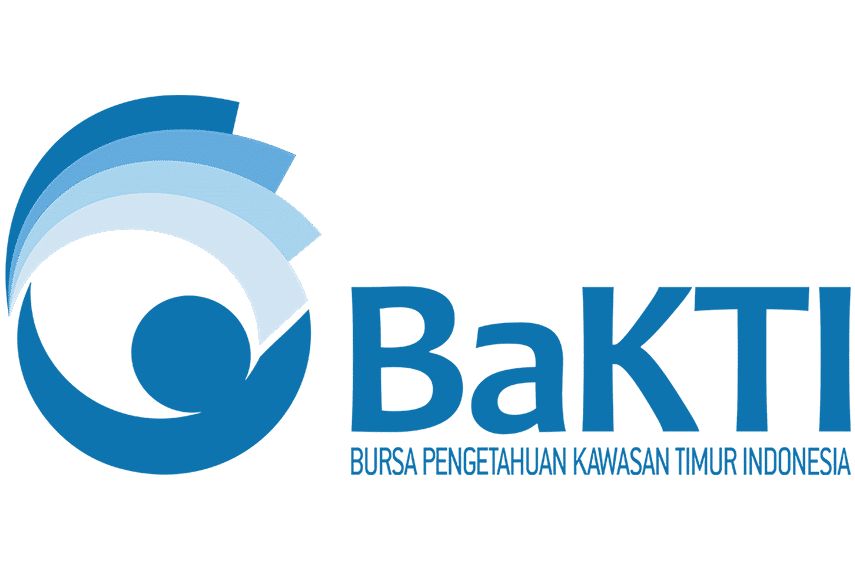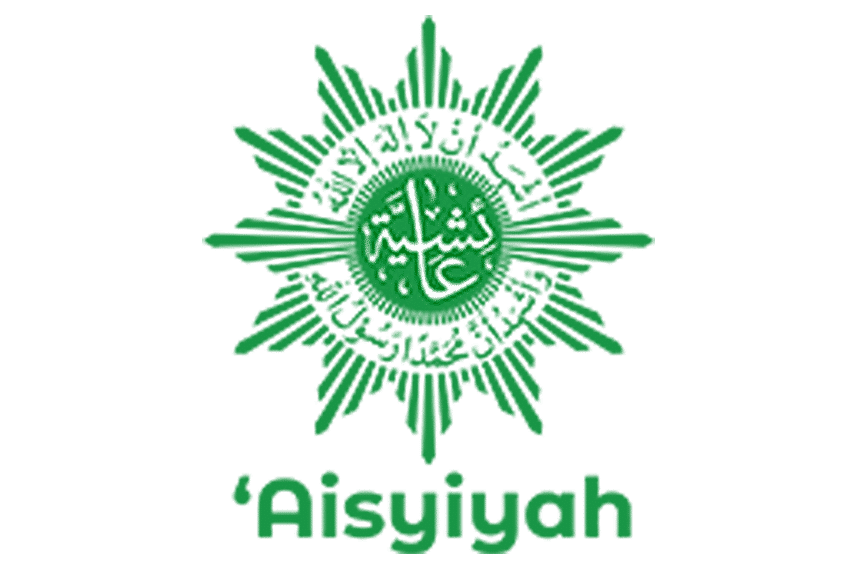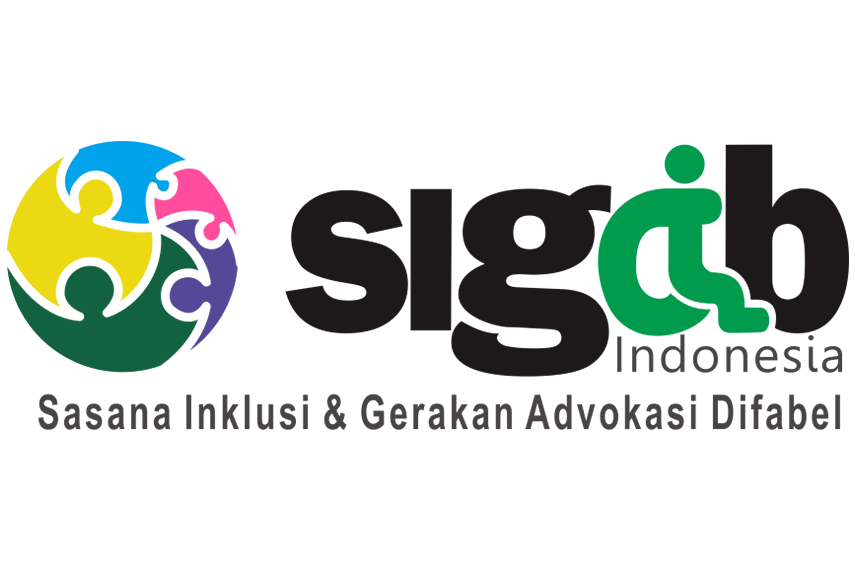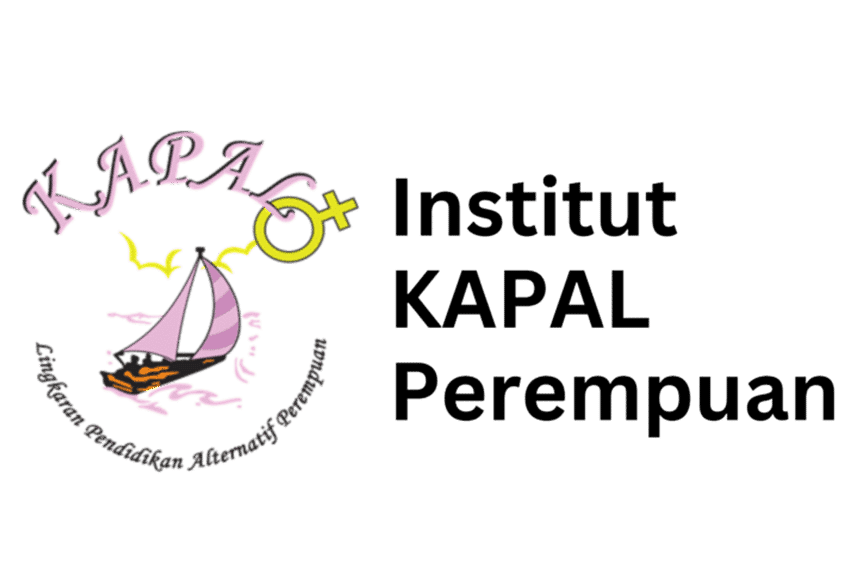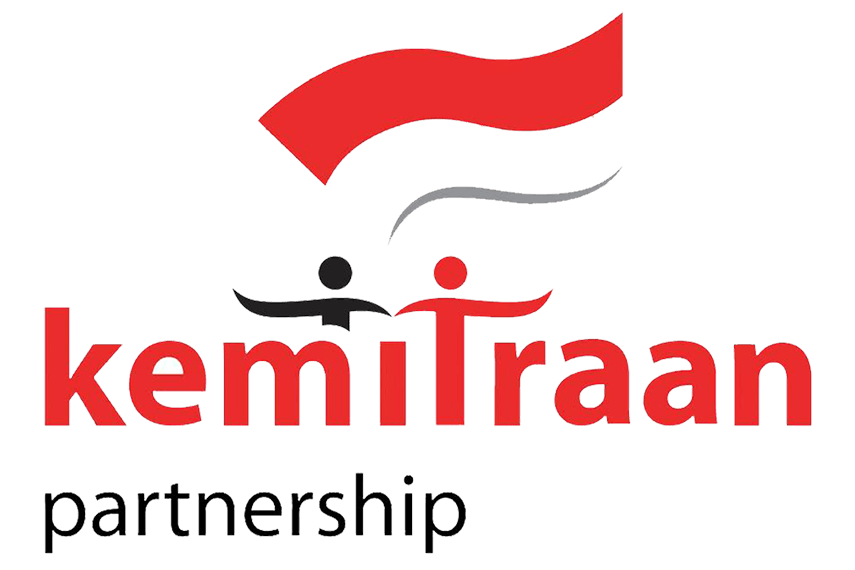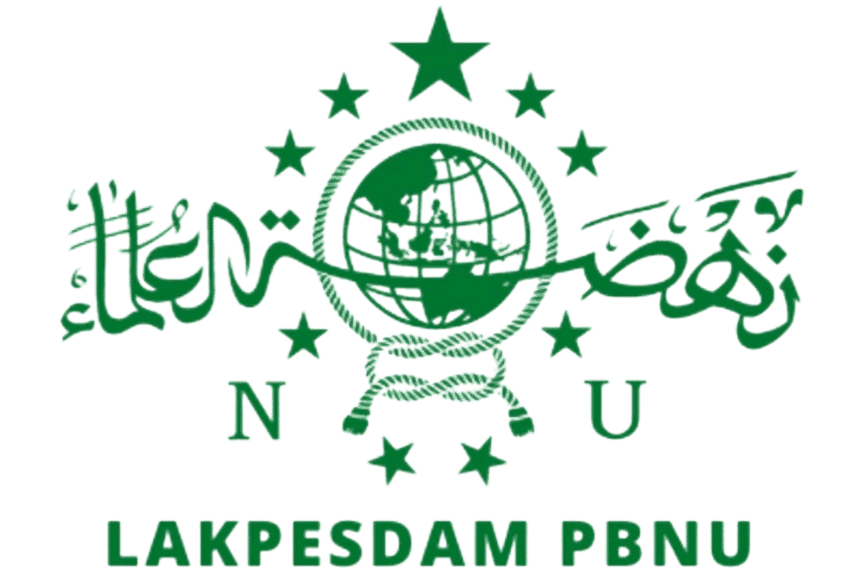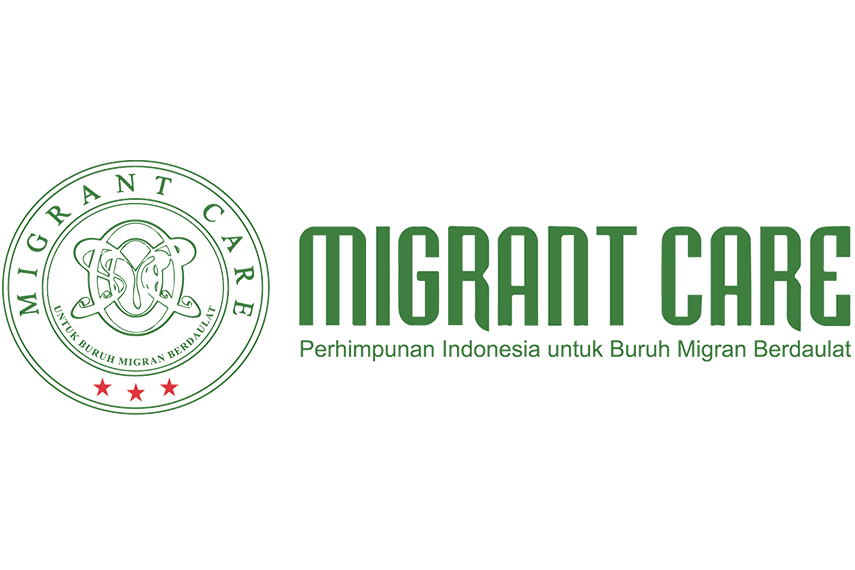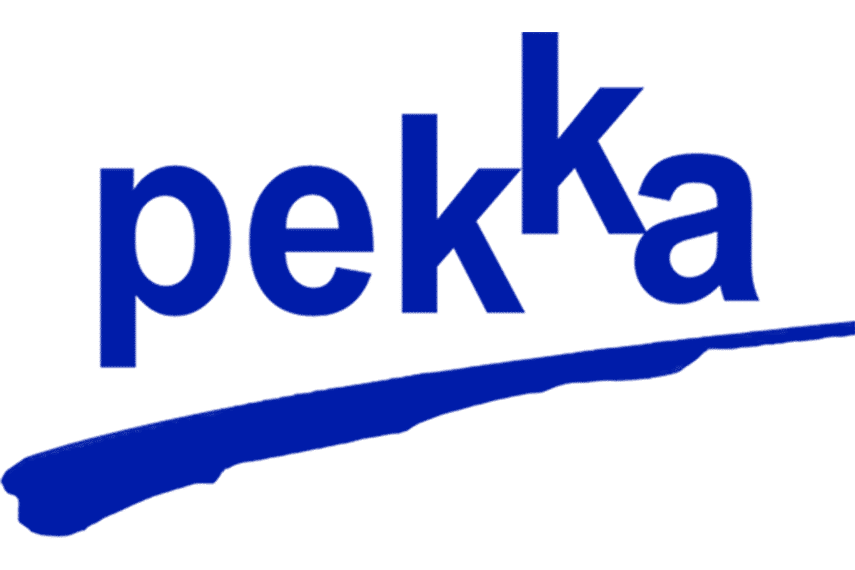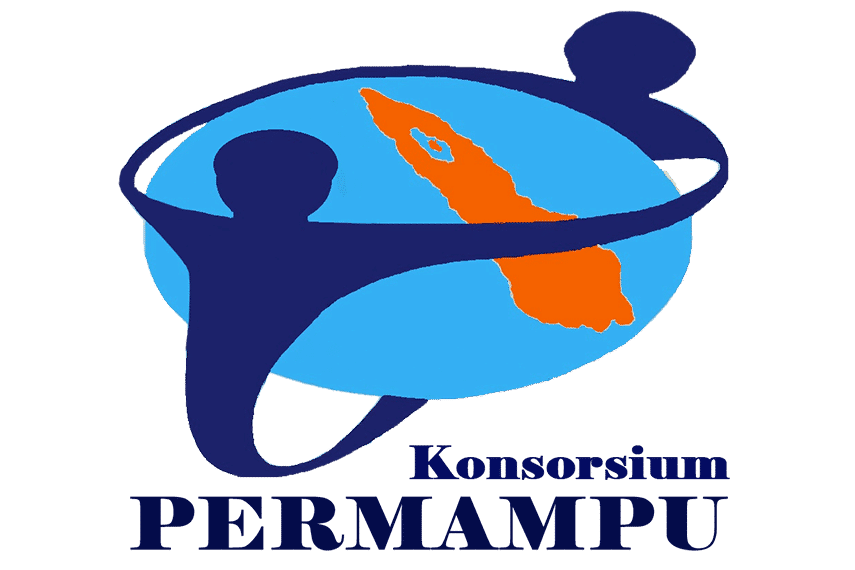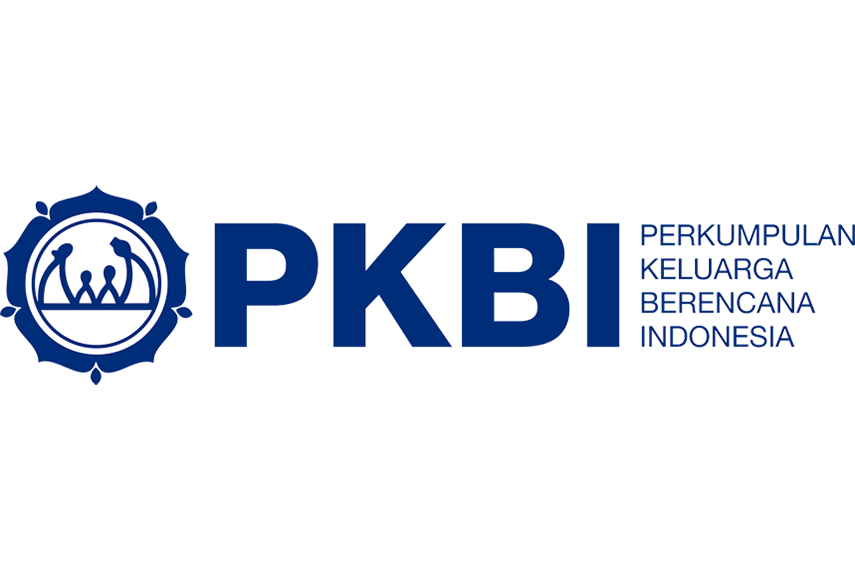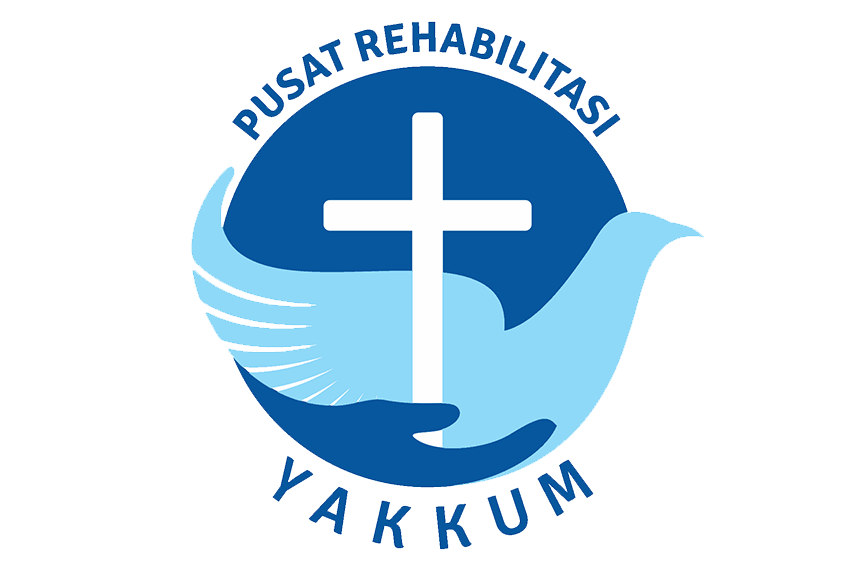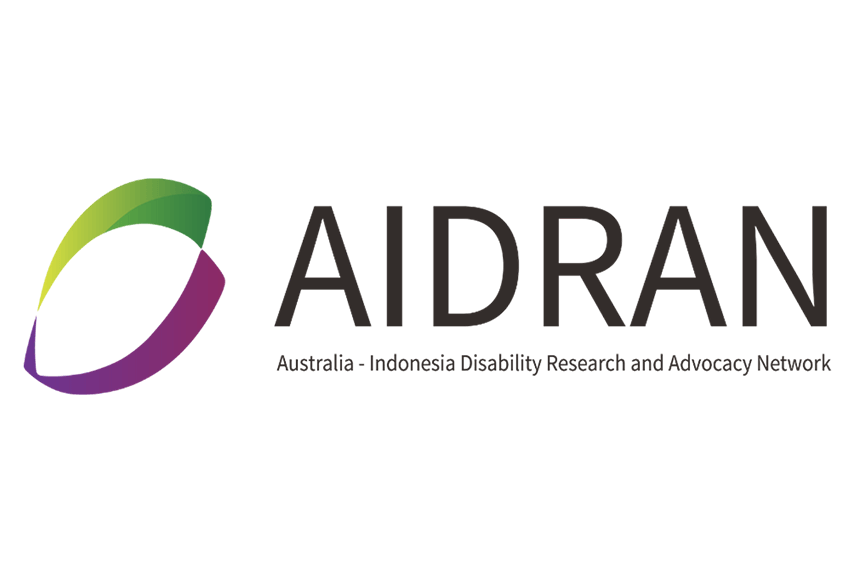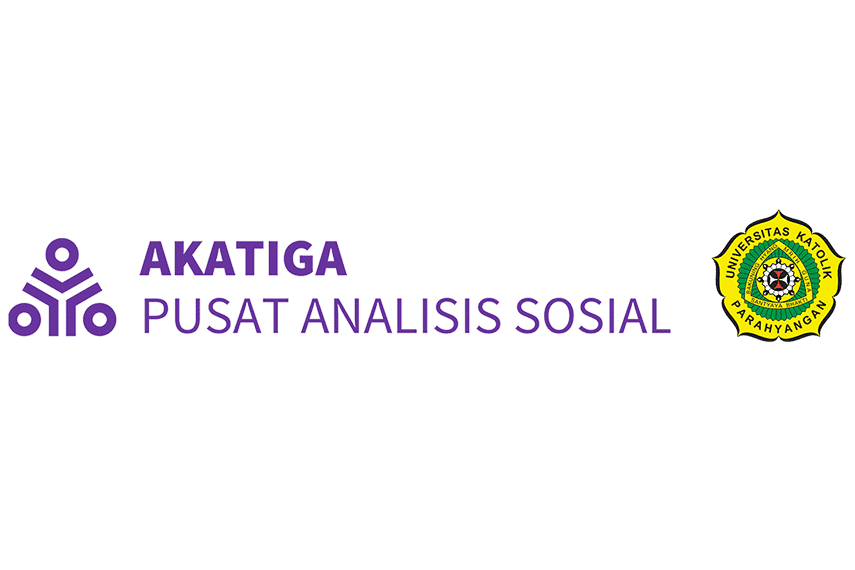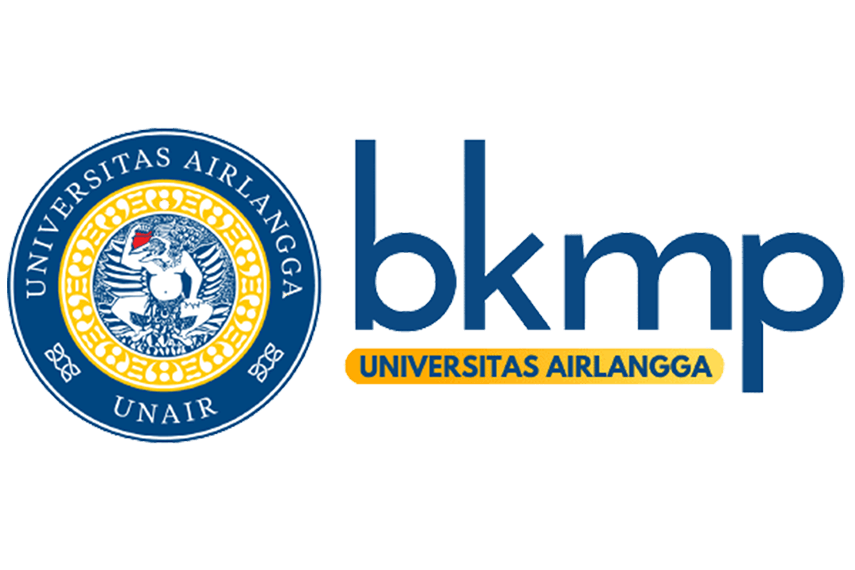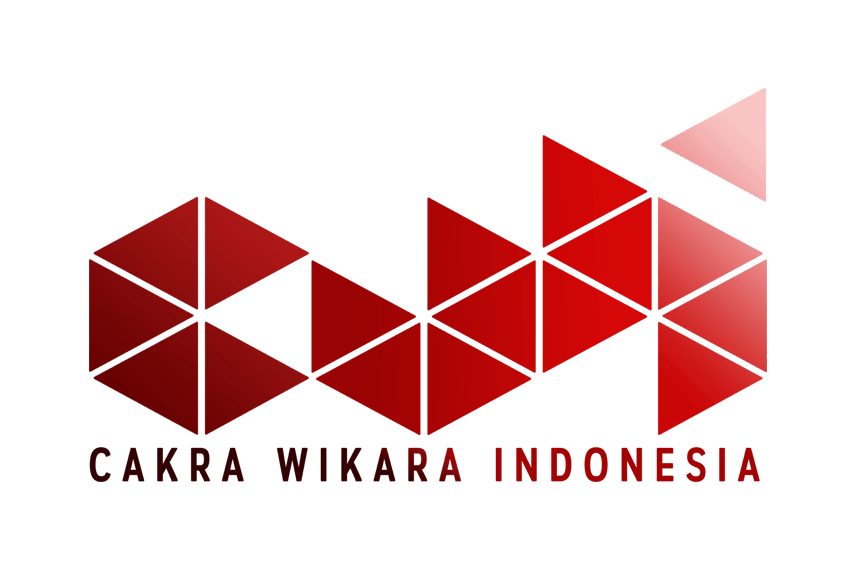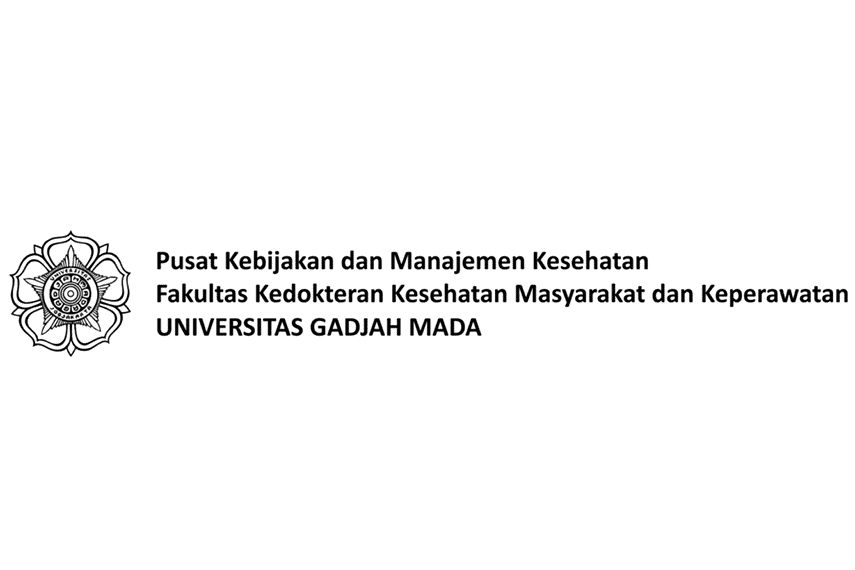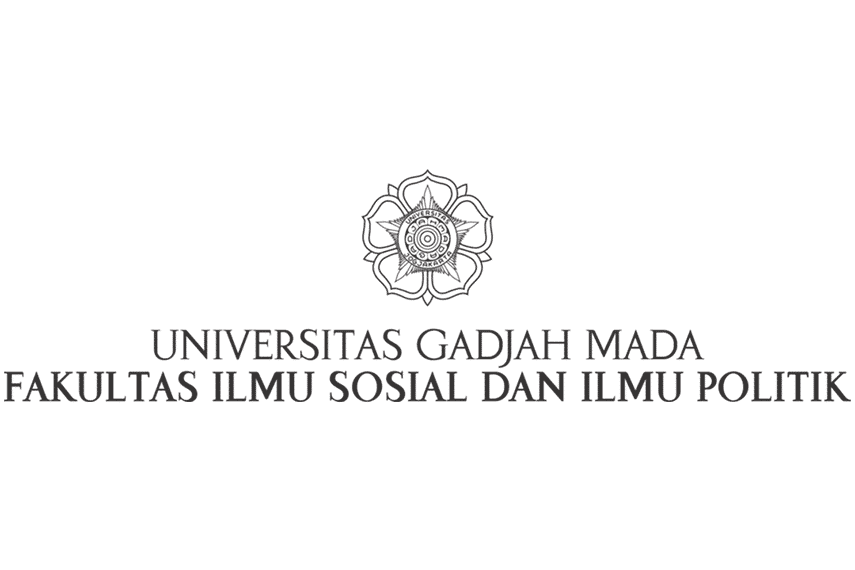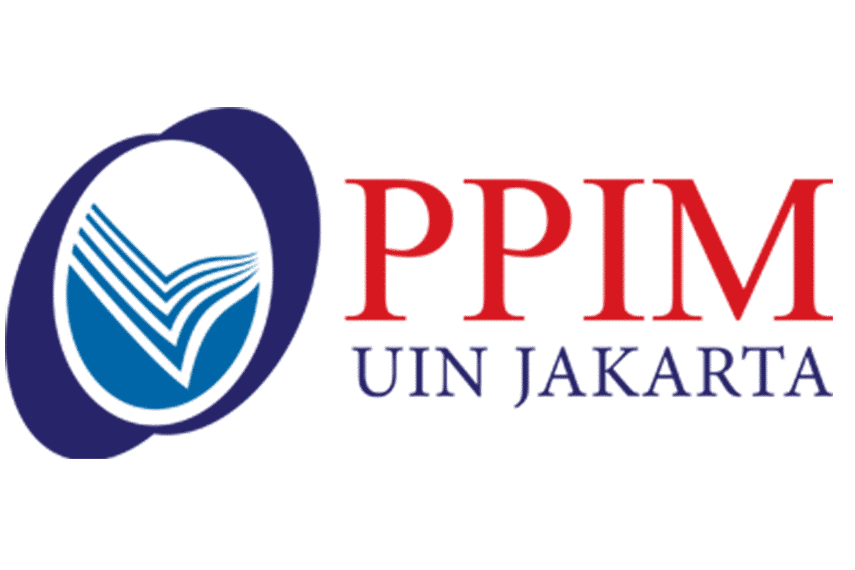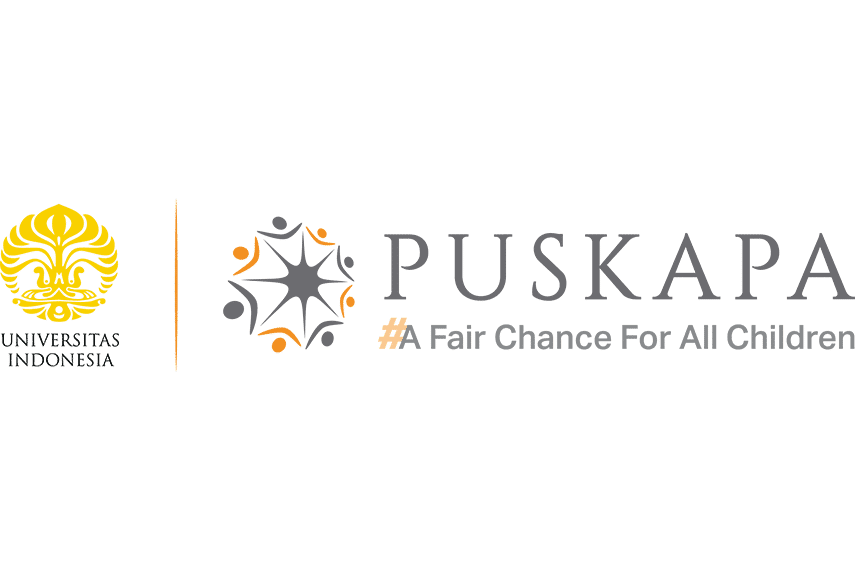Program’s Goals
- Creating a safe and inclusive neighborhood for women, children, people with disabilities, and other vulnerable groups to obtain essential services and comprehensive protection from violence
- Improving the availability of access to inclusive essential services
- Strengthening multistakeholder collaboration to protect and ensure the comprehensive fulfillment of rights of the marginalised and vulnerable groups.
Program Focus
INKLUSI-BaKTI Program focuses on two services, namely:
- Victim of violence services for women and children.
- Social protection services for women, children, marginalised, and other vulnerable groups in the program areas.
Program Strategy
To carry out services for victims of violence and social protection services, Yayasan BaKTI implement various strategies, namely:
- Organising and strengthening the capacity of the constituent groups (KK)
- Strengthening the advocacy and technical assistance to the government
- Strengthening the roles of members of parliament
- Involving the media to produce inclusive news
- Involving universities in creating an inclusive society
In addition, Yayasan BaKTI also ensures that gender and inclusive perspectives are incorporated in the derivative policies, which serve as the basis for the government in developing its work programs and the Local Parliament (DPRD) in its budgeting functions.
Activities
Establishment and Strengthening of Constituent Groups (KK)
The Constituent Group (KK) is a community network involving key figures such as religious leaders, community leaders, women cadres, youth, people with disabilities, elderly, and other marginalised groups, which aims to strive for the rights and interests of various groups through policy advocacy, encourage inclusive programs, and access to responsive social services. KK is active in organizing communities, strengthening its members’ capacities, advocating inclusive policies, and providing protection services for victims of violence through Complaint Posts, which offer case handling assistance and involvement in decision-making forums at village level.
Policy and Government Program Advocacy
Supporting government policies and programs to accelerate the provision of inclusive services, by ensuring the integration of gender and inclusive perspectives into policies that lay the basis to develop work programs and budget allocation by the government and local parliament (DPRD). Yayasan BaKTI is active in encouraging the implementation of Musrenbang (Development Planning Deliberation) at the district/city and village levels, which focuses on women, children, people with disabilities, and the elderly. In addition, Yayasan BaKTI also supports initiatives such as Desa Inklusi (Inclusive Village), Desa Ramah Anak (Child-friendly Village), Desa Peduli Perempuan (Women-care Village), and Desa Sadar Hukum (Law-aware Village), and proposed to the legislative to formulate policies that support the development of Sekolah Inklusi (Inclusive School) and Posyandu Inklusi (Inclusive Health Post), to improve access to education and protection services for vulnerable groups, particularly the victims of violence.
Participatory Recess
This forum convenes constituents and community groups that represent marginalised groups, such as women, people with disabilities, and other minority groups, to collect inputs and aspirations in formulating more inclusive policies and programs for various needs of the community groups. The activity involves stakeholders, community groups, and non-government organisations to ensure the voices and needs of the community, particularly those of vulnerable groups, are heard in the decision-making process. Through the participatory recess, Yayasan BaKTI builds constructive dialogues between the community and policy makers so that they can formulate more inclusive policies and programs that are more responsive to the needs of various groups in the community.
Media Forum for Inclusive News Coverage
Establishing a Media Forum at the village/city level to foster inclusive news coverage, ensuring that media present information and education on inclusive-related issues with proper ethics of journalism writing. The Media Forum also promotes issues tackled by the Constituent Group (KK), attracting more attention and fostering quick responses from the local government and parliament through various local policies and programs. Yayasan BaKTI collaborates with Aliansi Jurnalis Independen (Independent Journalists Alliance, AJI) and Persatuan Wartawan Indonesia (Indonesian Journalists Association, PWI) to increase the capacity of journalists and media in presenting gender-responsive, child-friendly, and inclusive news coverage, to create inclusive-lens news coverage, and foster policy changes and monitoring of case handling in the community.
Forum Disabilitas (Disability Forum)
Encouraging the establishment of Disability Forum at the district/city level to empower and advocate for the rights of people with disabilities. The Disability Forum aims to gather the voices and needs of people with disabilities, ensuring inclusive engagement in decision-making and advocating inclusive public policies. Yayasan BaKTI collaborates with stakeholders, including local governments, people with disability organisations (DPOs), and civil society, to strengthen participation and accessibility for people with disabilities. In addition, the Disability Forum also serves as a space for the exchange of information, experiences, and collaborative solutions to improve the quality of life and social inclusion for people with disabilities.
Encouraging Inclusivity in Universities
Encouraging the implementation of inclusive policies and practices in the academic environment through cooperation with universities, which play critical roles in pioneering an inclusive life. This effort requires policies to foster behavioral change among academics. Yayasan BaKTI strengthens the roles of universities through various synergy programs, including researches that support the issues of inclusivity and the utilization of their outcomes, as well as Student Community Services (KKN) that focus on the issues of inclusion and SDGs at the village level. Yayasan BaKTI also encourages the establishment of the Taskforce for Prevention and Handling of Sexual Violence (Satgas PPKS) in universities to handle cases of sexual violence in campus settings and integrate the principle of inclusivity into various aspects of academic life.
Expected Outcomes
- Women, children, people with disabilities, and vulnerable groups who are victims of violence receive services and protection;
- Provision by the government of affordable and quality social services for women, children, people with disabilities, and other vulnerable groups;
- Strengthened multistakeholder collaboration in the protection and fulfillment of the rights of vulnerable groups
Achievements
Throughout the INKLUSI Program implementation until July 2024, BaKTI has achieved the following:
- > 840 case facilitators from 7 districts/cities have an identity card as a case facilitator. The identity card is mandated by the decree letter from the Child Protection Office (DP3A) for facilitators of violence cases, and Social Office for facilitators of social protection.
- > 4,700 marginalised people, 392 of whom are people with disabilities, have accessed the services provided by the community-based groups supported by INKLUSI.
- > 6,820 marginalised people, 759 of whom are people with disabilities, have accessed government services and other external services.
- > 230 marginalised people, 48 of whom are people with disabilities, have participated in the public decision-making processes/forums at sub-village, village, subdistrict, and district/city level.
- 12 individual business units owned by KK member’s business groups have been established and operate with INKLUSI’s support.
- 22 marginalised people, 19 of whom are people with disabilities, became members of the community-based business units that had been established and in operation.
Development of Disability Groups
- Established disability forums/groups at the district level.
- Established and expanded 6 disability groups at the village level equal to other institutions.
Advocating for Inclusive Policies
- Supporting and encouraging inclusive policies at the local level, such as the RAD-PD, Perda, and policies on Inclusive Village and Manpower Local Services Unit (ULD), such as the RAD-PD in South Sulawesi, Toraja, Parepare, and Ambon.
Education and Inclusive School Local Services Unit (ULD)
- Education ULDs have been established in Toraja, Maros, and Kendari.
- Mapping processes have been carried out for inclusive education that resulted in regulation, data of the special need students, qualification of teachers/instructors, types of disability, and infrastructures.
- There have been policies from the office (Dinas) heads, district chiefs (bupati)/mayors to support the implementation of inclusive schools in Maros and Kendari.
- SMPN 2 (Junior High School 2) Kendari serves as the pilot inclusive school that has allocated budgets to purchase assisting devices for special needs students, taken from the BOS fund.
- In Maros, technical guidance (juniors) for enrolling students in Maros District has been issued through a decree of the Head of Education and Cultural Office of Maros District. The technical guidance is aligned with the District Chief’s Regulation on Inclusive Education. The technical guidance stipulates that there is an affirmative quota of 20% that should be applied to students with disability.
- Two policies of the Head of Education Office of Kendari City and Maros District have been issued regarding PPDB, which stipulates that all schools including preschool, kindergarten, elementary school, and junior high school must accept children with special needs as students.
Community-based Service
- Developing community-based services (LBK) in villages for the protection of and handling violence cases against marginalised people.
- Fostering the Integrated Service Unit for Women and Child Protection (UPTD PPA).
- Supporting the establishment of UPTD PPA in 7 districts/cities to help women and children with disabilities who are victims of violence.
Advocacy and Referral Mechanism for Violence Cases
- Collaborating to develop a mechanism for violence case referral, including violence against people with disabilities.
- Strengthening the Taskforce of Sexual Violence Prevention and Handling (Satgas PPKS) in various universities in 5 provinces.
Disability Service Unit (ULD) for Employment
- Establishing and optimizing the ULDs in Ambon, Maros, East Lombok, and Kupang.
- Partnership with the private sector and universities (Novotel Makassar, Alfamart, Alfamidi, and PT Adira Finance) for the provision of formal employment and internship opportunities.
Participation and Budgeting
- Encouraging participatory recess and village budgeting for education and increasing the skills of people with disabilities in several districts/cities.
- Establishment of the Local Disability Commission in Maros District to oversee the implementation of inclusive programs.
Encouraging the development of inclusive villages
Up to the present, the achieved 9 indicators of the inclusive village according to the INKLUSI Program intervention framework in 102 BaKTI’s beneficiary villages are as follows:
- 31 villages (23 villages, 8 kelurahan) in 7 districts/cities that have met at least 5 of the 9 indicators/criteria of an inclusive village
- 18 villages meet 4 indicators/criteria of an inclusive village.
- 35 villages have village regulations on inclusive village and ones that include indicators of inclusive village in 7 locations.
- 102 villages/kelurahan (all beneficiary villages) have segregated data on vulnerable groups and people with disabilities.
